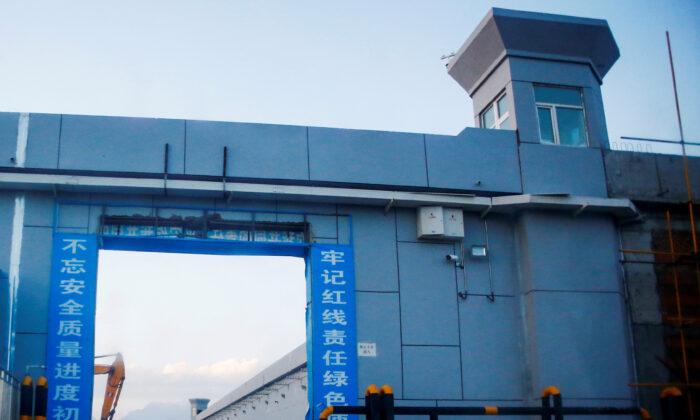Commentary
The U.S. government is issuing new warnings to business against operating supply chains that reach into Xinjiang (East Turkestan), China, where there is ongoing forced labor and genocide, as well as warnings for investors in Hong Kong, where national security laws from Beijing are criminalizing even verbal resistance to China’s growing power. The warnings should dampen undue excitement on Wall Street and Silicon Valley over ostensibly high returns to be found in China. However, given the ultimate in reprehensible crimes, that of genocide, the attempt to maintain business in China by focusing on a lesser subset of crimes, that of forced labor and lack of freedom of speech, in a geographical subset of China, Xinjiang and Hong Kong, is apparently an attempt to maintain business with a genocidal state in the rest of the territory it controls.
This is wrong. The genocide is systemic to China as it is approved from the very top: Xi Jinping’s regime in Beijing. As China is a totalitarian system in which the state has control of the entire economy, trying to separate out regular business in China from the genocide is misguided and unethical. The only respectful and fair approach for the Uyghurs, given the genocide imposed upon them, is total economic decoupling from China.
China’s atrocities against the Uyghurs are a violation of the U.N. Genocide Convention. But complicity with genocide is also a violation, and business in China during the genocide is therefore arguably a violation of international law.
According to Article III of the Convention, “The following shall be punishable … complicity in genocide.” Article III applies to “private individuals” as well as rulers and officials, according to Article IV. It is incumbent upon all contracting parties, according to Article V, which includes the U.S. government, to enact legislation to punish those persons found guilty of Article III, including those private individuals who are complicit in genocide.





